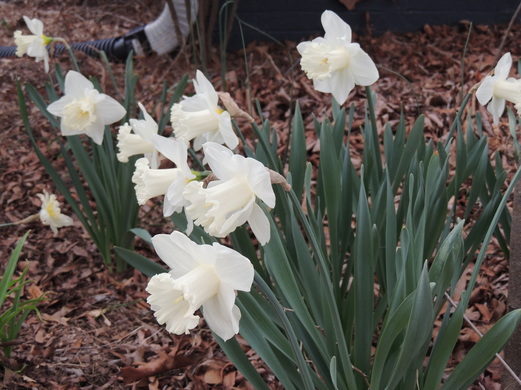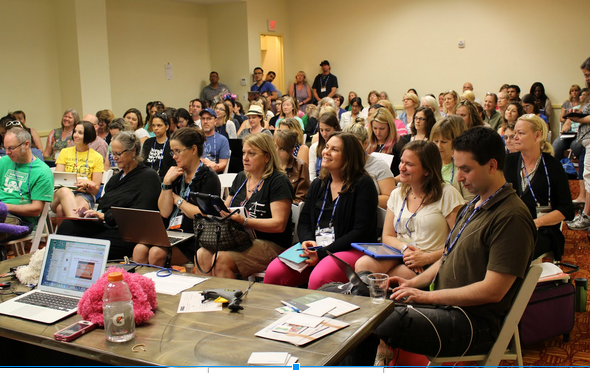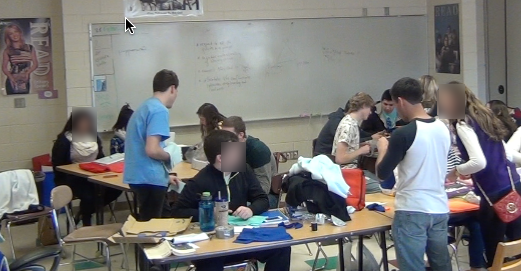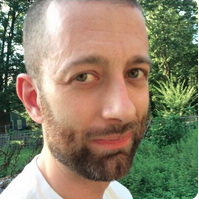I found out today about my schedule for next year. I’m losing AP English Lang (which I am totally OK with--something I never ever thought I’d say) and probably picking up two new classes to go with Desktop Publishing: Public Speaking and a new (to my school) class called Film and Literature.
I am pretty excited about this (still tentative) schedule. I get to frame up all three as Communication Skills Of Different Species.
Desktop Publishing has mutated from its original scope (making calendars in MS Publisher) to Digital Skills Wonderland: making short movies, coding games & HTML, photoshopping, blogging, and general website building.
Public Speaking is about communicating well in public, which includes speechmaking, yes, but also YouTube video production, digital citizenship, and puppets. Lots of puppets.
And the Film/Lit class will be reading, writing, and moviemaking alongside lots and lots of shorter movie clips. I haven’t thought this one through too well, since I just found out about it this morning, but what I do know is this: I learned most of my literary terms by writing them in poems, not memorizing them. I intend for students to learn about how movies are made by making them.
So yeah - there will be a lot of new next year, as always. There will be puppets. There will be more elaborate video production. I plan to do more short reps of skills, the way I learned from Cheryl, Corippo, and Make It Stick. And I can’t wait to see the stuff the kids create.




 RSS Feed
RSS Feed
